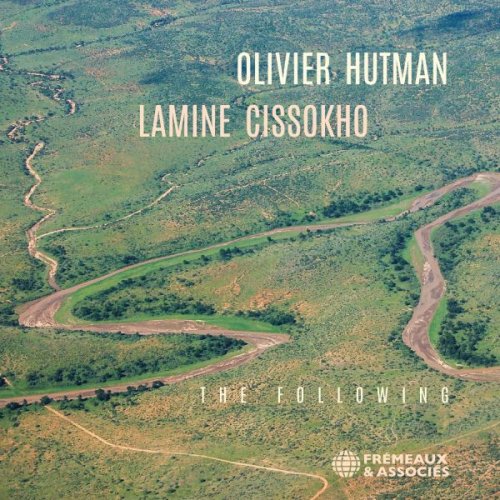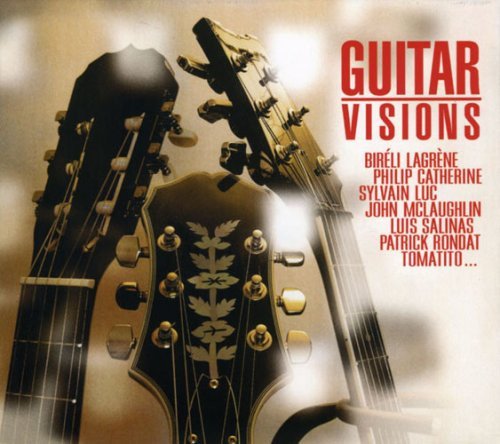Herb Alpert & The Tijuana Brass - S.R.O. (2015) [Hi-Res]
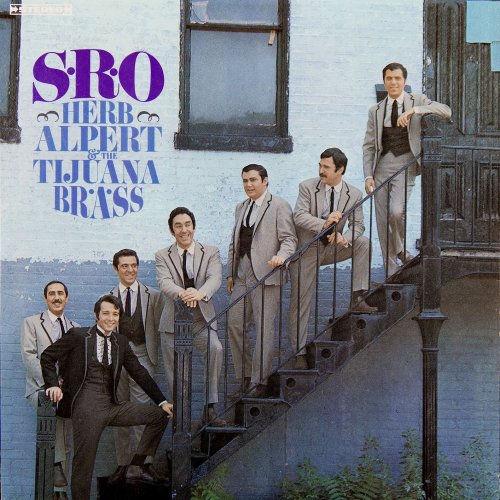
Artist: Herb Alpert & The Tijuana Brass, Herb Alpert
Title: S.R.O.
Year Of Release: 1966 / 2015
Label: Herb Alpert Presents
Genre: Jazz-Pop, Easy Listening
Quality: FLAC (tracks) [88.2kHz/24bit]
Total Time: 29:35
Total Size: 571 MB
WebSite: Album Preview
Tracklist:Title: S.R.O.
Year Of Release: 1966 / 2015
Label: Herb Alpert Presents
Genre: Jazz-Pop, Easy Listening
Quality: FLAC (tracks) [88.2kHz/24bit]
Total Time: 29:35
Total Size: 571 MB
WebSite: Album Preview
01. Our Day Will Come
02. Mexican Road Race
03. I Will Wait For You
04. Bean Bag
05. The Wall Street Rag
06. The Work Song
07. Mame
08. Blue Sunday
09. Don't Go Breaking My Heart
10. For Carlos
11. Freight Train Joe
12. Flamingo
By late 1966, it seemed as if every TV commercial and every pop arranger had latched onto the Herb Alpert "Ameriachi" sound -- at which point the resourceful originator of that sound began to pare it down and loosen it up a bit. S.R.O. (Standing Room Only), referring to the Tijuana Brass' string of sold-out concerts, is an accurate title, for this LP is about a seven-piece band loaded with experienced jazzers who groove and swing together to a greater degree than on their previous albums. Sure, the arrangements are very tightly knit and don't allow much room for spontaneity, but they still sound fresh and uninhibited, and Alpert often allows the flavor of jazz to come through more clearly. Indeed, two of the album's three hit singles, "The Work Song" and "Flamingo," are jazz tunes -- the former nervous and driving, the latter joyously kicking -- and the third, "Mame," gets a nifty Dixieland treatment a la Louis Armstrong, with Alpert singing one verse. The sleeping gem of the record is guitarist John Pisano's "Freight Train Joe," a wistfully evocative tune that won't quit the memory, and the mournful Alpert/Pisano/Nick Ceroli tune "For Carlos" later became Wes Montgomery's "Wind Song." Though S.R.O. only went to number two on the LP charts, Alpert's creativity and popularity were still peaking. ~ Richard S. Ginell

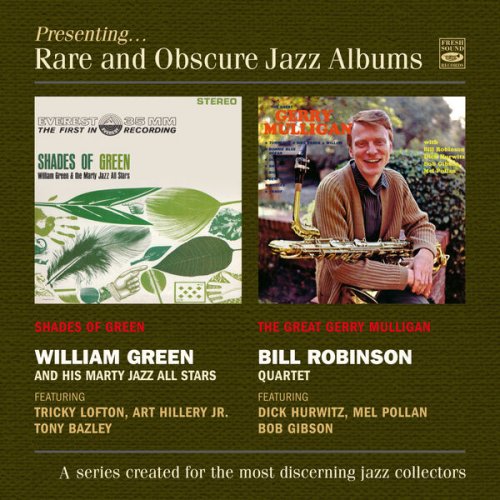
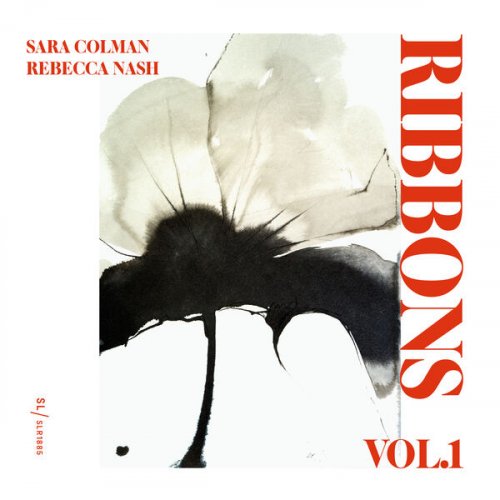
![Dave Stapleton - Quiet Fire (2026) [Hi-Res] Dave Stapleton - Quiet Fire (2026) [Hi-Res]](https://www.dibpic.com/uploads/posts/2026-02/1772036051_v5l0f2qh1r2cb_600.jpg)

![Samir Aouad - Casablanca (2026) [Hi-Res] Samir Aouad - Casablanca (2026) [Hi-Res]](https://img.israbox.com/img/2026-02/26/cpef8nay7or1kmufgugfd6uy0.jpg)
![Bill Frisell - In My Dreams (2026) [Hi-Res] Bill Frisell - In My Dreams (2026) [Hi-Res]](https://www.dibpic.com/uploads/posts/2026-02/1772013732_tpex4dl25956z_600.jpg)
